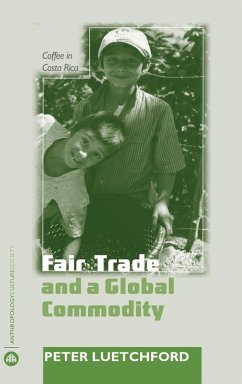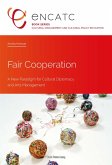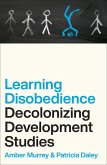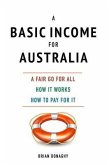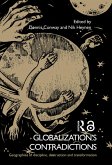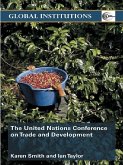Fair trade is widely regarded as a universal good. This fascinating anthropological study takes a closer look at a coffee-growing community and cooperatives in Costa Rica - and subjects the fair trade movement to critical scrutiny.
As with conventional coffee, Western demand for organic fair trade produce is largely met by more affluent individuals with larger landholdings. As a result, it is caught up in the conflicts of interest and resentments that are part of the coffee industry as a whole. Ultimately fair trade fails to escape divisions that characterise other forms of production and consumption.
All growers are united in their criticism of the high margins accumulated by regional and transnational processors and exporters. Sustainability, just rewards and social cohesion have formed part of the world view of these agricultural communities for decades. This book shows how there is much common ground between the worlds of the commodity grower and the priorities of the fair trade movement - if not necessarily always in the ways we might suppose.
Hinweis: Dieser Artikel kann nur an eine deutsche Lieferadresse ausgeliefert werden.
As with conventional coffee, Western demand for organic fair trade produce is largely met by more affluent individuals with larger landholdings. As a result, it is caught up in the conflicts of interest and resentments that are part of the coffee industry as a whole. Ultimately fair trade fails to escape divisions that characterise other forms of production and consumption.
All growers are united in their criticism of the high margins accumulated by regional and transnational processors and exporters. Sustainability, just rewards and social cohesion have formed part of the world view of these agricultural communities for decades. This book shows how there is much common ground between the worlds of the commodity grower and the priorities of the fair trade movement - if not necessarily always in the ways we might suppose.
Dieser Download kann aus rechtlichen Gründen nur mit Rechnungsadresse in A, D ausgeliefert werden.
Hinweis: Dieser Artikel kann nur an eine deutsche Lieferadresse ausgeliefert werden.

